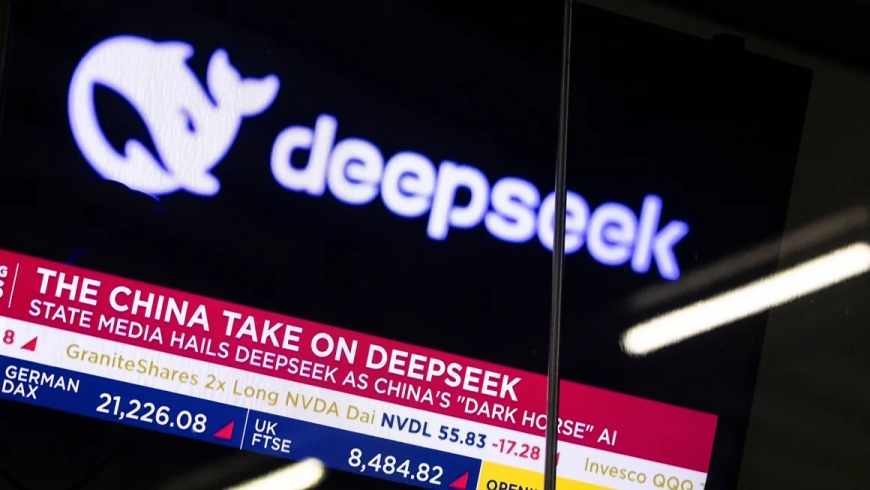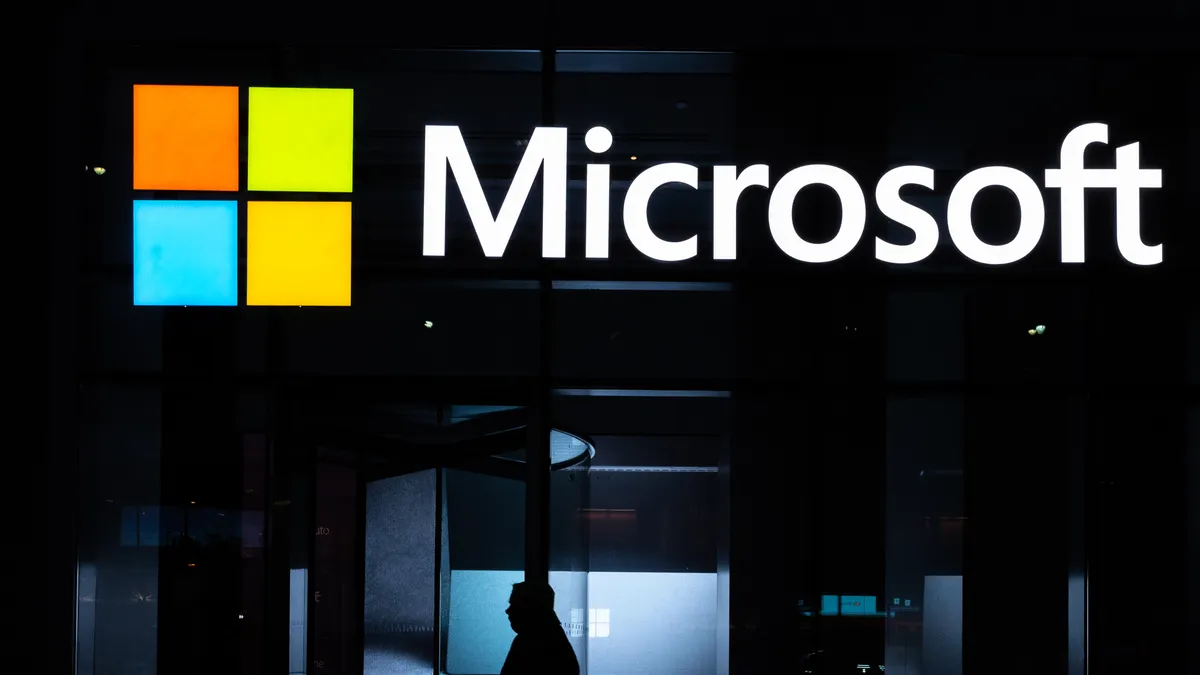Chaos on DeepSeek indicates that "America First" could not always prevail.
China's DeepSeek AI model rivals US giants like Gemini and GPT-4, raising questions about the effectiveness of US chip export restrictions and potentially accelerating China's AI development.

The astounding ascent of DeepSeek is upending the artificial intelligence landscape and jeopardizing America's hegemony, which appeared to be cemented only a week ago.
The idea that training AI technology requires a lot of money and unrestricted access to state-of-the-art computer processors is being called into question by the fact that a little-known Chinese business has developed a model that can rival the best AI systems in the US. Google's Gemini and OpenAI's GPT-4o should be too strong for a Chinese AI startup to compete with.
President Donald Trump must now choose his course of action.
In order to stop Chinese companies from purchasing or producing the advanced computer chips needed to train AI models, the US has put tight restrictions in place. These chips are at the center of the arms race in artificial intelligence, and the export restrictions aim to stop China from keeping up.
Some have argued that the success of DeepSeek, which claims to have trained its new AI model R1 on far fewer high-end chips and at a fraction of the cost of leading AI models, indicates that the export restrictions imposed by the Biden and first Trump administrations have backfired. These strict restrictions may have backed Beijing into a corner, forcing Chinese companies to develop ways to get around the export restrictions or create their own chips.
"Instead of hindering China, these export restrictions on AI might be increasing China's AI capabilities by encouraging innovation," UCLA engineering and law professor John Villasenor said during a phone conversation. "One could argue that the export restrictions are ineffective."
That would be a setback to the strict crackdowns that were planned during this new Trump administration as well as those that were implemented under former President Joe Biden and Trump.
In a post on Substack, AI researcher Gary Marcus stated, "We unintentionally raised their technical game." "The game has obviously changed."
The idea that severe limitations might have had the opposite impact from what the US intended is posing difficult issues regarding the core tenets of the AI boom, the US-China tech arms race, and the appropriate course of action for the Trump administration.
What's Your Reaction?












/https://tf-cmsv2-smithsonianmag-media.s3.amazonaws.com/filer_public/54/66/546650fa-26a4-40fd-8d6d-5a7a04540f81/rosetta2.png)
:max_bytes(150000):strip_icc():focal(999x0:1001x2)/robert-prevost-050825-1-39395418ab494da5a3a700c9478e66c8.jpg)















































format(webp))
format(webp))

























